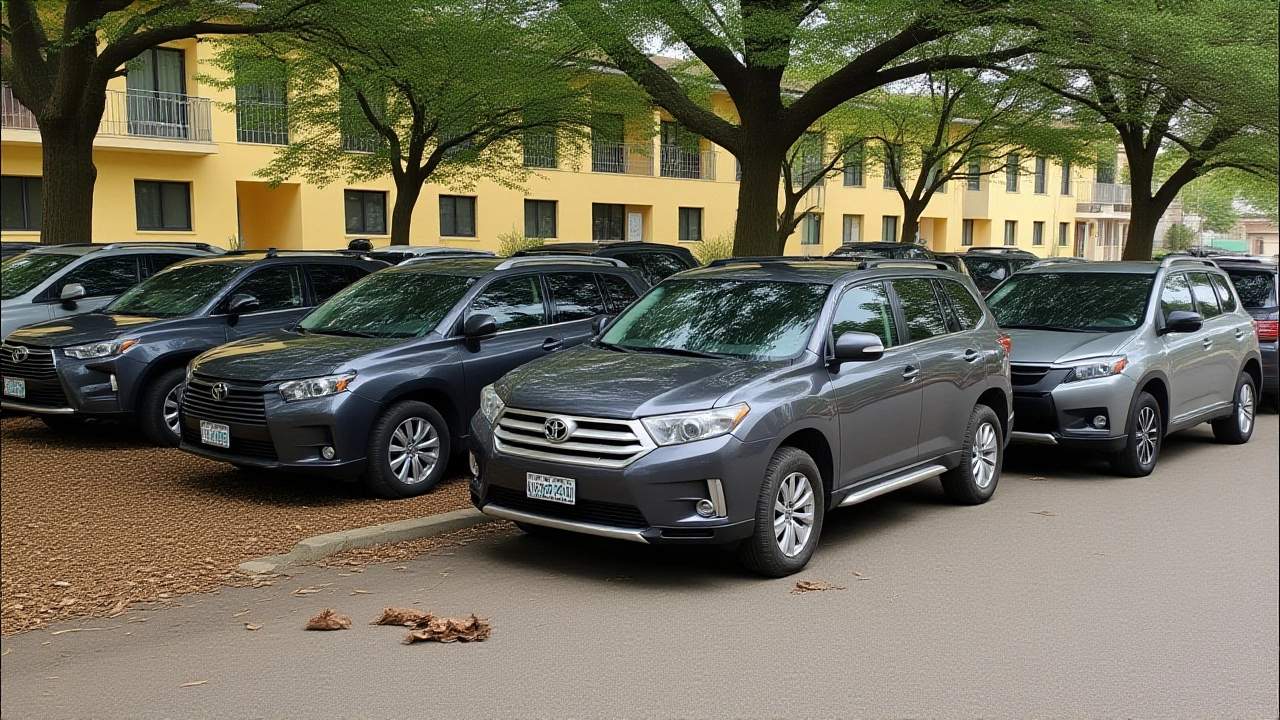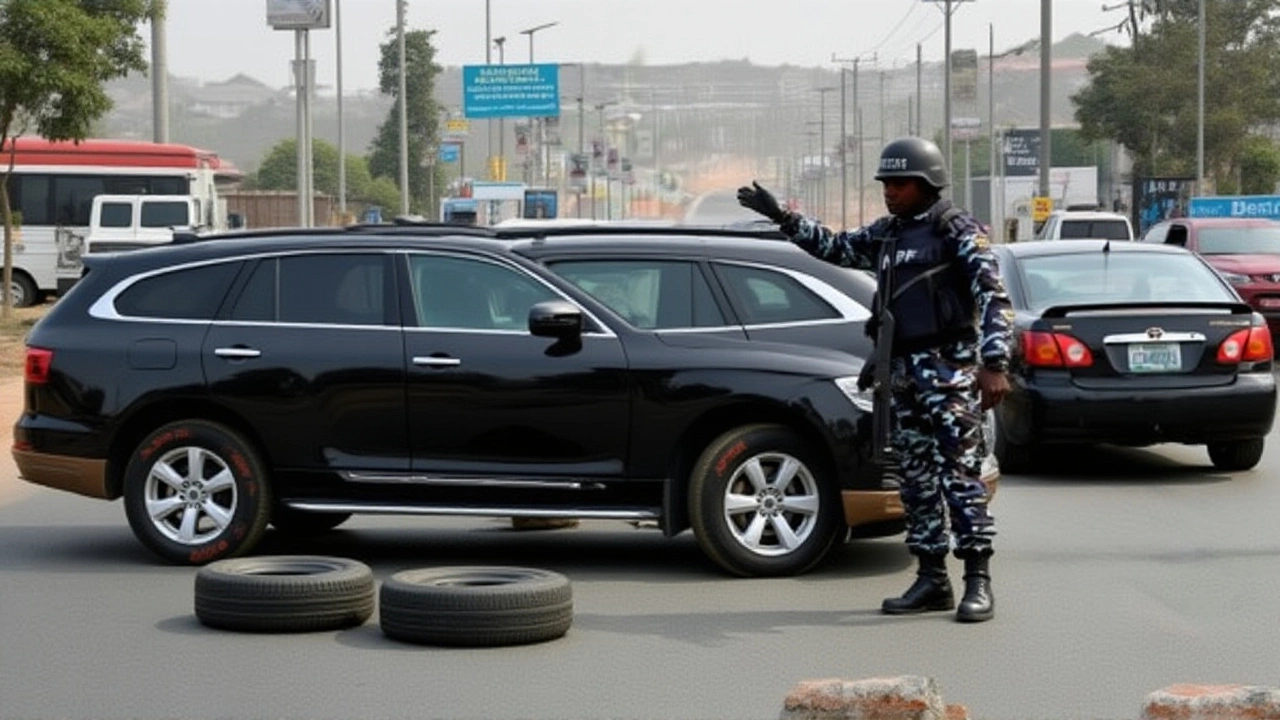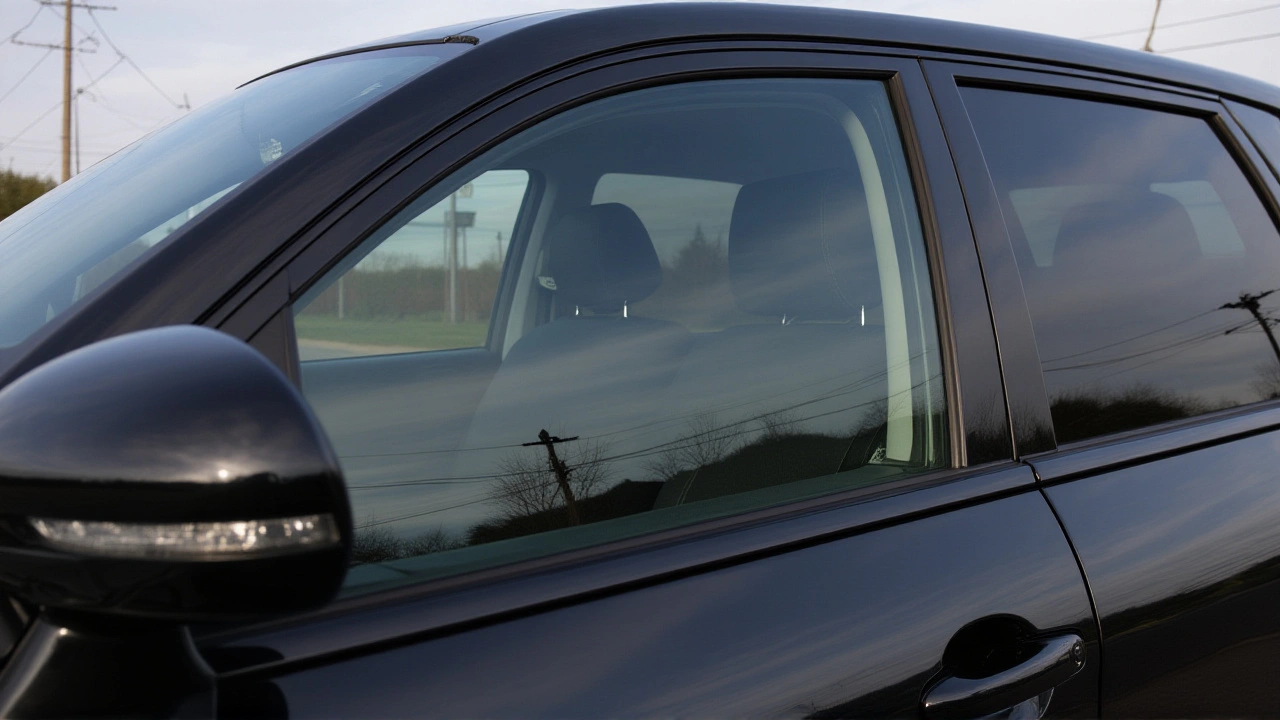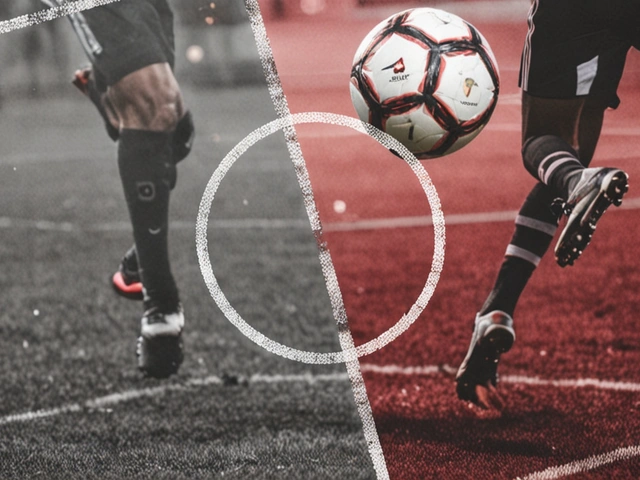
When Delta State Police Command seized twenty‑five cars on Thursday, the move sparked fresh debate over a tinted glass permit that many Nigerian motorists thought was on hold. The operation unfolded in Delta State, Nigeria, amid a legal maelstrom sparked by a Federal High Court ruling that appeared to suspend the permit’s enforcement.
Background: How the tinted‑glass rule came about
In early 2022, the Federal Ministry of Transport issued Regulation No. 04/2022 mandating that any vehicle fitted with tinted windows obtain a special permit. The goal was two‑fold: improve road safety by ensuring drivers could see pedestrians and curb the black‑market trade in overly dark glass. By mid‑2023, over 4 million permits had been issued nationwide, according to the Ministry’s annual report.
However, on 12 March 2024, a panel of judges at the Federal High Court in Abuja delivered a judgment that the enforcement clause of the regulation was “unconstitutionally vague.” The decision sent shockwaves through the auto‑industry, prompting state governments to scramble for clarification.
The Delta State Police operation
At approximately 08:30 GMT, a convoy of three patrol cars rolled out from the Asaba police headquarters. Within two hours, officers had checked 143 vehicles across four major thoroughfares – the Airport Road, Warri‑Udu Express, Oghara‑Udu Link, and the bustling Obi‑Road Market area. Twenty‑five of those were deemed non‑compliant and towed to the state’s impound lot.
“We acted on the basis of the state’s own vehicle safety code, which still requires a tinted‑glass permit,” explained Commodore Emeka Okoro, spokesperson for the police command. “Our officers were not instructed to suspend operations pending further court guidance.”
Legal fog: What the court ruling actually says
The Federal High Court’s 12‑March judgment did not strike down the entire regulation; it merely questioned the procedural steps required to enforce the permit. Legal scholars say the ruling leaves room for states to interpret the law independently. Prof. Adaeze Nwankwo, a constitutional law professor at the University of Lagos, noted, “The judgment emphasizes due process, not an outright ban. Until a higher appellate court clarifies, you’ll see a patchwork of enforcement across the federation.”
Delta State’s Attorney General, Hon. Okey Nwankwo, issued a brief statement the same day, asserting that the state’s “public safety statutes remain in full effect.” The Attorney General’s office has not yet filed an appeal, but sources say a legal team is reviewing the possibility of seeking a definitive interpretation from the Supreme Court.

Stakeholder reactions: Drivers, dealers, and advocacy groups
Owners of the impounded cars voiced frustration. “I paid N500,000 for the permit last year,” lamented Mrs. Chioma Obi, a trader from Warri. “Now my vehicle is locked up, and I’m losing business.”
The Nigerian Federation of Automobile Users (NFAU) called the seizure “heavy‑handed” and urged the federal government to issue a uniform directive. In a press release, NFAU president Mr. Tunde Adebayo warned that “inconsistent enforcement could erode public trust in law‑enforcement agencies.”
Conversely, road‑safety NGOs hailed the police action as a necessary reminder that vehicle modifications should not compromise visibility. “Tinted glass, when too dark, can be a deadly hazard,” said Dr. Chinwe Eze, director of the Road Safety Initiative (RSI). “If the courts finally clarify the law, we hope states will enforce it uniformly.”
What this means for everyday drivers
For the average Nigerian commuter, the immediate takeaway is caution. Legal experts advise checking the validity of any existing tinted‑glass permit and, if in doubt, contacting local licensing offices. The estimated fine for driving without a permit stands at N500,000 per offense, plus possible impound fees of around N150,000 per day.
Insurance firms have also taken note. After the Delta operation, AXA Mansard Insurance issued an advisory reminding policyholders that “claims related to accidents involving non‑compliant tinted glass may be subject to additional scrutiny.”

Looking ahead: Will the courts settle the dispute?
The legal limbo is unlikely to disappear overnight. Observers expect the Federal High Court’s decision to be appealed to the Court of Appeal within the next month. If the appellate court upholds the lower court’s view, we could see a de‑facto moratorium on tinted‑glass permits nationwide. On the other hand, a reversal could empower states to enforce their own codes without fear of federal pushback.
In the meantime, law‑enforcement agencies across Nigeria are watching Delta’s move closely. Some have hinted at similar sweeps, while others say they will pause until clearer guidance emerges.
Key facts
- 25 vehicles impounded by Delta State Police Command on 4 April 2025.
- The action follows a 12 March 2024 Federal High Court ruling questioning the enforcement of tinted‑glass permits.
- Delta State Attorney General maintains the state’s safety statutes are still in force.
- Potential fines: N500,000 per violation; daily impound fees ~N150,000.
- Legal experts predict an appellate hearing by mid‑2025.
Frequently Asked Questions
Why did the Delta State Police impound vehicles despite the court ruling?
The police acted on Delta State’s own vehicle‑safety code, which still requires a tinted‑glass permit. The Federal High Court decision addressed only the procedural aspects of enforcement, leaving room for states to interpret the rule.
What is the current legal status of tinted‑glass permits in Nigeria?
The permits remain valid under state statutes, but the Federal High Court’s 12 March 2024 ruling has paused the federal enforcement mechanism pending clarification. Until higher courts rule otherwise, each state may decide how to proceed.
How much will drivers pay if their car is impounded?
Besides the N500,000 fine for driving without a permit, owners face impound fees of roughly N150,000 per day. Additional costs can arise from court fees and the expense of retrieving the vehicle.
What are road‑safety groups saying about the tinted‑glass issue?
Organizations like the Road Safety Initiative argue that dark windows reduce driver visibility and increase accident risk. They welcome strict enforcement but warn that a uniform national policy would be more effective than a patchwork of state actions.
When can we expect a final court decision?
The Federal High Court’s decision is expected to be appealed to the Court of Appeal within the next month. If the appeal proceeds, a definitive ruling could arrive by late 2025, depending on court schedules.
16 Comments
Dina DiCicco
October 15 2025
The police action was absolutely necessary, and any claim that they overstepped is plainly false. 🚔💥 The state's safety code leaves no room for hesitation, so enforcement must proceed without delay.
Kasey DellaPenna
October 25 2025
We all know the law can be messy but that doesn't mean drivers should ignore it. The impound shows that rules still matter and it sends a clear signal that compliance is non‑negotiable.
Nelleke Elston
November 3 2025
Honestly, the whole thing feels like a circus where officials love to play chicken with the law. While some folks shout about rights, the reality is that dark windows really do endanger pedestrians.
ajay kumar
November 12 2025
Hey folks, just a quick tip – double‑check your permit papers and maybe call the local office if youre not sure. A tiny mistake can cost you big time, so stay ahead.
Liz Lessner
November 22 2025
Don't let the impound stress you out – you can get the car back with the right docs and a bit of patience. Remember, the system works if you give it a chance.
Chance Remien
December 1 2025
The recent impound operation invites a deeper contemplation of the balance between individual liberty and collective safety.
While the allure of tinted windows may seem trivial, it touches upon the fundamental right to visibility, both for drivers and for those sharing the road.
In a society that prizes personal expression, regulators must tread carefully to avoid infringing upon legitimate preferences.
Yet, the imperatives of road safety cannot be dismissed as mere bureaucratic overreach.
The Federal High Court's nuanced ruling underscores the necessity of procedural clarity rather than an outright denial of authority.
This distinction, though subtle, carries profound implications for how states can enforce their own statutes.
Delta's decisive action reflects an interpretation that prioritizes immediate public welfare over legal ambiguity.
Critics who decry the seizure as heavy‑handed often overlook the empirical evidence linking excessively dark glass to accident rates.
Moreover, the financial burden placed on drivers highlights the economic dimension of regulatory compliance.
When a vehicle is impounded, the ripple effects extend beyond the owner to families, businesses, and the broader community.
Therefore, a uniform national directive could mitigate the patchwork enforcement that currently fuels uncertainty.
Yet, until such guidance materializes, each state must navigate the murky waters of judicial precedent and public expectation.
The lesson for motorists is clear: proactive engagement with licensing authorities can preempt costly setbacks.
For policymakers, the episode serves as a reminder that transparent communication is essential to maintain public trust.
In the end, the pursuit of safety and the respect for individual rights are not mutually exclusive, but require thoughtful integration.
As the legal process unfolds, stakeholders should remain vigilant, collaborative, and open to constructive dialogue.
Arjun Dode
December 11 2025
Wow, that's a bold move by the police! I totally get why some drivers are freaking out, but this kind of action can really push everyone to follow the rules. Keep your heads up, stay safe, and let's hope the courts sort this out soon.
Anna Lee
December 20 2025
Hey everyone, isn't it fascinating, how a single court ruling can ripple across an entire nation, causing both confusion and opportunity? I love seeing the community rally together, sharing tips, and supporting each other through these legal twists! Let's keep the conversation flowing, stay informed, and definitely stay safe out there!
Daniel Craine
December 30 2025
Honestly, this whole impound fiasco is a complete mess-politicians playing games, police overstepping, drivers stuck paying absurd fees!!! The system is broken, the communication is terrible, and the public gets the short end of the stick every single time.
santhosh san
January 8 2026
It's just another day of bureaucratic cruelty, draining any hope left in the hearts of honest drivers.
Kristen VanPamel
January 18 2026
Truth is, laws are shadows of collective will; when they flicker, society trembles.
Reid Vance
January 27 2026
Everyone needs to understand that the enforcement here is a direct consequence of the state's legal framework, not some random act of aggression.
Javier cox
February 6 2026
Hey all, just wanted to say that while these rules might seem strict, they're part of a bigger effort to keep our roads safe for everyone, no matter where you're from.
Giacinta Pace
February 15 2026
Stay positive, check your permits, and remember that together we can navigate these challenges with confidence.
Gayleen Lowrie
February 25 2026
Curiosity drives us to ask how future court decisions will shape the enforcement landscape, and staying informed is the best strategy.






darryl archer
October 6 2025
It is evident that the regulatory ambiguity has fostered a climate of uncertainty among motorists.